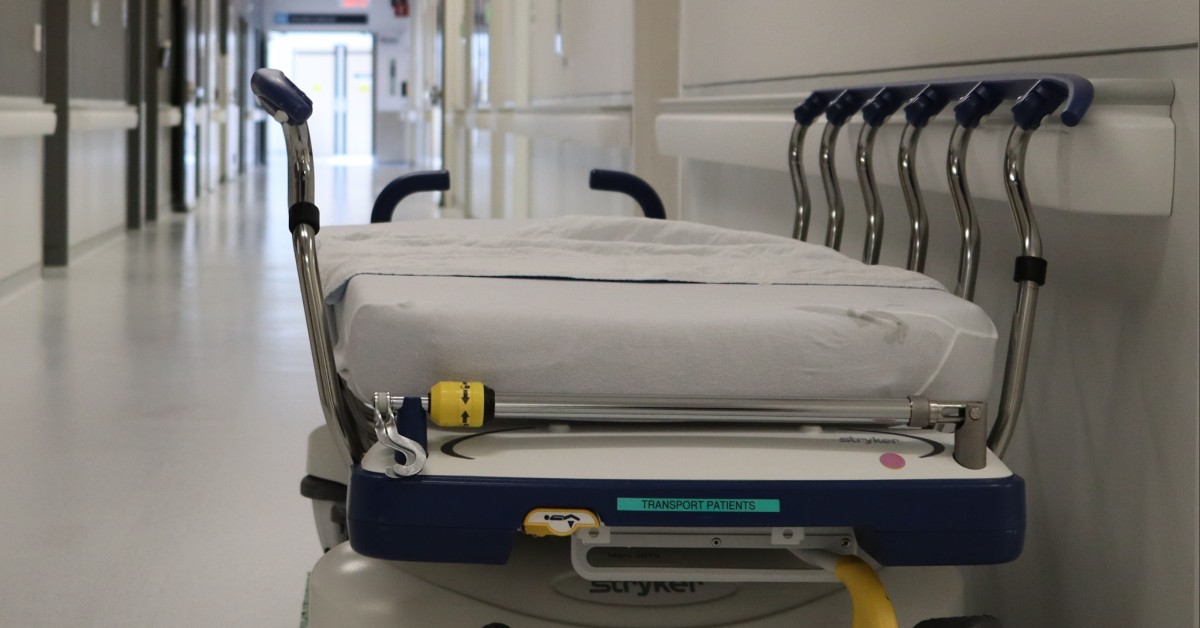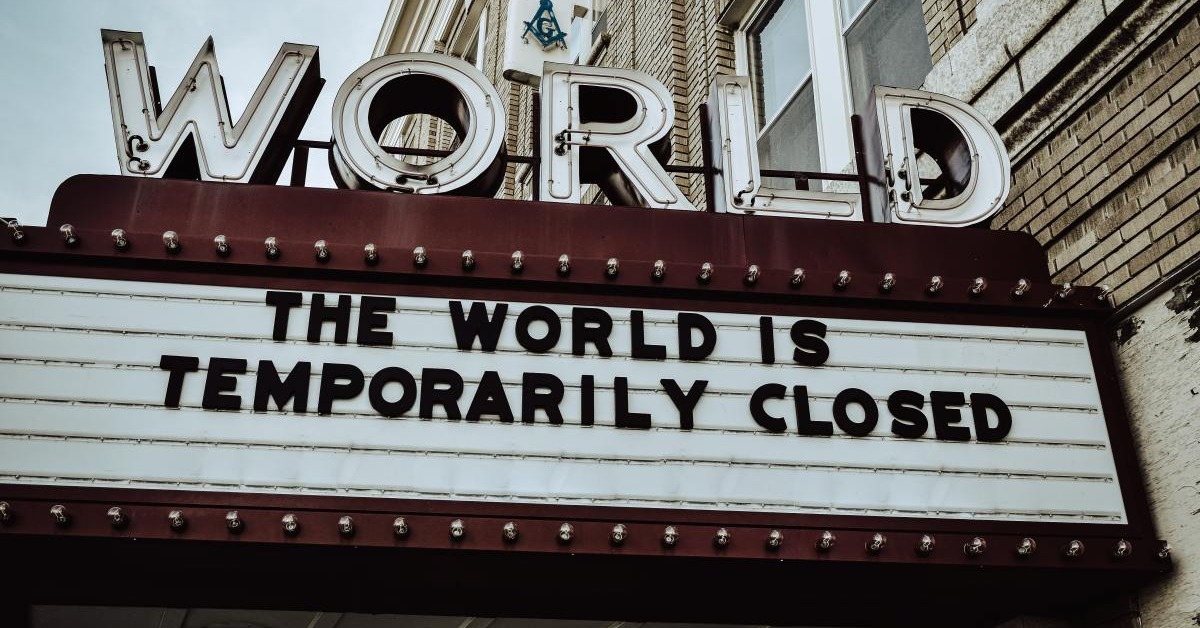
How to Become a Licensed Mental Health Social Worker
We explain the steps necessary to become a licensed mental [...]

Social work arose as an academic discipline in the late 19th century, when schools like Columbia University combined academic theory and real-world practice to develop the first formal social work courses. In 1904, Simmons University, in collaboration with Harvard University, established the Boston School for Social Workers to offer the nation’s first clinical social work program.
Fast forward a decade, when the need for a highly skilled and dedicated workforce in Virginia led to the creation of the Richmond School of Social Economy, the first social work program in the South. From the start, the school’s leaders established partnerships with local organizations to share information and create opportunities for students to acquire hands-on, real-world experience in the field. As the school’s influence and mission grew over the following decades, it evolved into Virginia Commonwealth University, one of the top schools for social work education in the country. Today, VCU is one of only 39 programs in the US to offer bachelor’s, master’s, and doctoral degrees in social work, and one of two programs in the state to provide a Masters of Social work (MSW) online.
Only two Virginia universities offer online MSW programs. While both tackle similar elements of theory and professional practice, they differ in terms of core curriculum, duration, and specialization options, among other factors. Our guide to online MSW programs in Virginia also addresses these questions:
Virginia offers two social work licenses: licensed social worker (LSW) and licensed clinical social worker (LCSW). Unlicensed social workers holding an associate’s degree qualify for limited casework opportunities in the state. However, most social work positions here demand an LSW or LCSW credential. Qualifying for LSW credentials requires at least a bachelor’s degree in social work (BSW) from a college or university accredited by the Council on Social Work Education (CSWE).
Holding LSW credentials allows social workers in the Old Dominion state to engage in non-clinical practice. Their work may incorporate outreach, advocacy, administration, and other activities that help drive practice and reform, address gaps in resources, and improve vulnerable peoples’ access to necessary services. Some may work with the general population. Others choose to specialize in a subset such as children, adolescents, couples, or individuals with specific mental health issues such as substance abuse or anxiety disorders. Specialization by industry is also an option, e.g., healthcare, education, and human rights social workers.
Aspiring LSWs who hold only a Bachelor of Social Work must apply to the Virginia Board of Social Work for a provisional license after earning completing their BSW program. The license allows them to complete a minimum of 3,000 hours of post-graduation field experience (100 of which must include face-to-face supervision). Once their supervised social work practice is out of the way, candidates submit an LSW application to the state to qualify for the Association of Social Work Boards (ASWB) bachelor’s level exam. After passing, they’re granted LSW licensure.
Obtaining an LSW license with a Master of Social Work entails a similar process but doesn’t require candidates to complete supervised work hours (since most MSW programs already include an extensive practicum or field education requirement). Like applicants with a BSW degree, those who’ve completed a Master of Social Work program must hold a degree from a CSWE-accredited school. They must submit an LSW application through the Virginia Board of Social Work, providing proof of their degree and any previous licensure history. With their applications approved, candidates sit for the ASWB bachelor’s level exam to earn their LSW licensure.
The LCSW is the highest level of licensure in Virginia. It allows social workers to work as clinical mental healthcare practitioners, combining their advanced counseling skills with medical training to provide mental health diagnosis, therapy, and treatment to anyone who needs immediate support, medical assistance, and long-term treatment.
Pursuing this type of license in Virginia requires candidates to hold at least an MSW degree from a CSWE-accredited higher education institution. The graduate program each candidate completes must have a clinical focus and include at least 12 credit hours each of practice theory and explanatory theory, three credits of psychopathology, and coursework addressing diversity, at-risk populations, and social justice, as well as a 600-hour clinical field placement.
From here, prospective LCSWs must complete at least 3,000 hours of post-master supervised practice, including at least 1,380 hours of face-to-face client contact and 100 hours of face-to-face supervision. After fulfilling their practicum requirement, candidates may apply for and take the ASWB Clinical Level Exam to secure their LCSW credentials.
| University and Program Name | Learn More |
|
Virginia Commonwealth University:
Online Master of Social Work
|
According to a May 2019 industry profile from the Bureau of Labor Statistics (BLS), the Washington, D.C.-Alexandria-Arlington metro area is one of the highest-paying metropolitan areas for social workers in the country. It isn’t the only place to find work in and around the state.
A quick Indeed search turns up over 1,200 job openings for social workers in Virginia, with most employers looking for mid- and entry-level candidates. According to the site, Richmond—the state capital and one of America’s oldest major cities—offers the greatest number of jobs. Roanoke follows second, a mid-sized city located in the southwestern Blue Ridge Mountains. As one of the few urban areas amid a largely rural region, Roanoke is an anchor for eastern Appalachia and home to a cluster of healthcare and social services like shelters, refugee assistance programs, and other organizations.
Two Virginia universities offer online programs in the MSW realm: George Mason University and Virginia Commonwealth University. Both are accredited by the Council on Social Work Education.
GMU is a public research university with a mission “to provide students with a transformational learning experience that helps them grow as individuals, scholars, and professionals.” Its online MSW program consists of 60 credits of competency- and strengths-based coursework in topics like human behavior, social policy, research methods, and clinical practice. The program offers two specialization options: adults and healthy aging or children, youth, and families. Core and specialized courses within both tracks operate in an asynchronous part-time format, allowing students to complete their degree in as little as three years.
Throughout their graduate school experience, students explore practicum opportunities at two of GMU’s more than 200 national, government, and community field sites. The school also provides students mental health support through a partnership with Therapy Assistance Online (TAO), a free and confidential web-based tool available 24/7.
VCU formed in 1838 as the then-medical-department of Hampden–Sydney College, changing its name to the Medical College of Virginia in 1854. About 100 years later, MCV merged with the Richmond Professional Institute, creating Virginia Commonwealth University. In 2019, the school claimed the 25th spot on US News and World Report’s rankings of the best social work schools in the country.
VCU’s online Master of Social Work program offers full-time and part-time options over a spectrum of program durations, allowing students to complete the required minimum 60 credits of coursework and earn their degree in as little as 16 months and as long as four years. Students with an accredited BSW degree no more than five years old can apply to VCU’s advanced standing track and complete their degree in one year and with fewer credit requirements
After completing generalist coursework in social justice, foundation research methods, and policy, community, and organizational practice, students enroll in courses focusing on either a clinical social work practice or social work administration, planning, and policy practice specialization. The program also requires two field placements covering a generalist experience and a third reflecting their chosen specialization.
Questions or feedback? Email editor@noodle.com

We explain the steps necessary to become a licensed mental [...]

Domestic violence call centers in the US field 20,000 calls [...]

Social work leaders oversee organizations and work in advocacy roles [...]

Health care systems require social workers to assist individual patients [...]

Frontline care workers confronted extreme conditions and heavy caseloads during [...]
Categorized as: Social Work, Social Work & Counseling & Psychology